Carnegie Mellon University
The Computational Design program takes a computer science view of design, applying both the science and art of computing to design problems, in relation to creation, presentation, analysis, evaluation, interaction or aesthetic expression; in real and imagined applications, both perceived and conceived.
CD graduate program started in the late 1960’s—among the first and best known in the United States. From the beginning, the program has benefitted from close cooperation with other units of the university, particularly the School of Computer Science and the Department of Civil & Environmental Engineering. Computing has become increasingly important in nearly all areas of design: simulation, analysis, synthesis, tangible interaction, and people-centered as well as building-centered design algorithms. Students, then, are urged to utilize the wide-ranging expertise, facilities, and personnel available throughout the School of Architecture and the university.
The research-based degree programs are intended for practitioners, educators and researchers in architecture, computer science, engineering and those interested in design. Graduates go on to successful careers in government, industry, academia, and software development.
The Master of Science in Computational Design (MSCD) is a post-professional research-based program investigating new design opportunities and critical perspectives at the intersection of design and computation.
The program mobilizes Carnegie Mellon University’s computational strengths to enable students to explore technical and cultural aspects of computation as it relates to architecture, design, and the built environment. In spheres ranging from the applied to the speculative, and from the poetic to the critical, students in the program conduct research on subjects such as artificial intelligence, architectural robotics, digital fabrication, simulation, computational geometry, responsive environments, and shape grammars —as well as on embodied and tangible forms of design interaction, fabrication, and expression.
A research program, the MSCD adopts a broad view of design technologies as vehicles of design inquiry, as speculative artifacts, and as worthy subjects of critical analysis and debate. The program is well suited to highly inquisitive applicants who are interested in challenging disciplinary boundaries, developing a unique research agenda, and acquiring the conceptual and technical skills to conduct computational design research at the highest levels of scholarly rigor and creativity.
Interdisciplinary by nature, the MSCD curriculum is designed to provide a strong theoretical and technical foundation in computation while offering students flexibility to create unique paths through the School of Architecture’s and Carnegie Mellon University’s broad knowledge space, offered by leading educators across fields.
Students develop a thesis of publishable quality, often through the development and implementation of experimental design systems, algorithms, computational artifacts or environments, or novel theoretical perspectives.
MSCD Candidates have access to the School of Architecture and Carnegie Mellon University’s world-class research environment and facilities, including state-of-the art Design Fabrication and Applied Architectural Robotics laboratories and the interdisciplinary Computational Design (CoDe) Lab, where the program is housed.

The interdisciplinary Computational Design (CoDe) Lab is a beautiful double-height space strategically located in the Margaret Morrison building’s fourth floor, where MSCD students work closely and collaboratively with students and faculty from neighboring SoA programs such as Building Performance and Diagnostics, Sustainable Design, and Advanced Architectural Design, as well as the Schools of Art, Drama, and Design.
The program welcomes applications from both research and practice-oriented candidates with backgrounds in such areas as architecture, media arts, engineering, computer science, and planning.
Application materials include a statement of purpose, three letters of recommendation, a CV, and a portfolio. Note that GRE scores should be received by to the School of Architecture prior to the application deadline. Additionally, applicants from countries where English is not the primary language are required to send their TOEFL score. See full program application guidelines.
The program’s duration is four semesters. Occasionally, highly proficient candidates may be eligible to complete it in three intensive semesters. In all cases full-time registration must be maintained for the first three semesters.
Non US-citizens may wish to review CMU’s specific provisions and policies regarding language and registration requirements for foreign students.
Interested applicants should feel free to contact Daniel Cardoso Llach, the track’s chair, for questions concerning academic aspects of the program. Applicants interested in obtaining information about financial aid packages should visit the Carnegie Mellon Financial Aid website.
MSCD students who wish to be considered for admission into the PhD program in Computational Design (PhD-CD) do not need to prepare a new application. The admissions committee will accept documents submitted as part of the student’s original Master’s application materials, including test scores. However, applicants are required to submit a letter of support from a Computational Design faculty member, and to address a formal request for admission to the Graduate Program committee in writing during their third semester of study.
Note that although a new application is not necessary for MSCD students aspiring to the PhD, admission into the program is a competitive process and is not guaranteed.
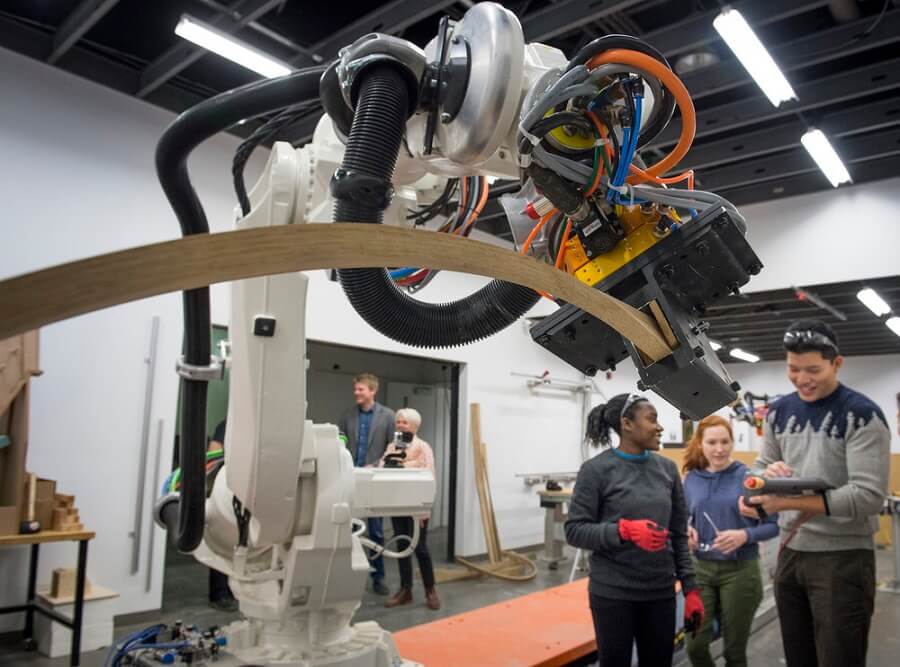


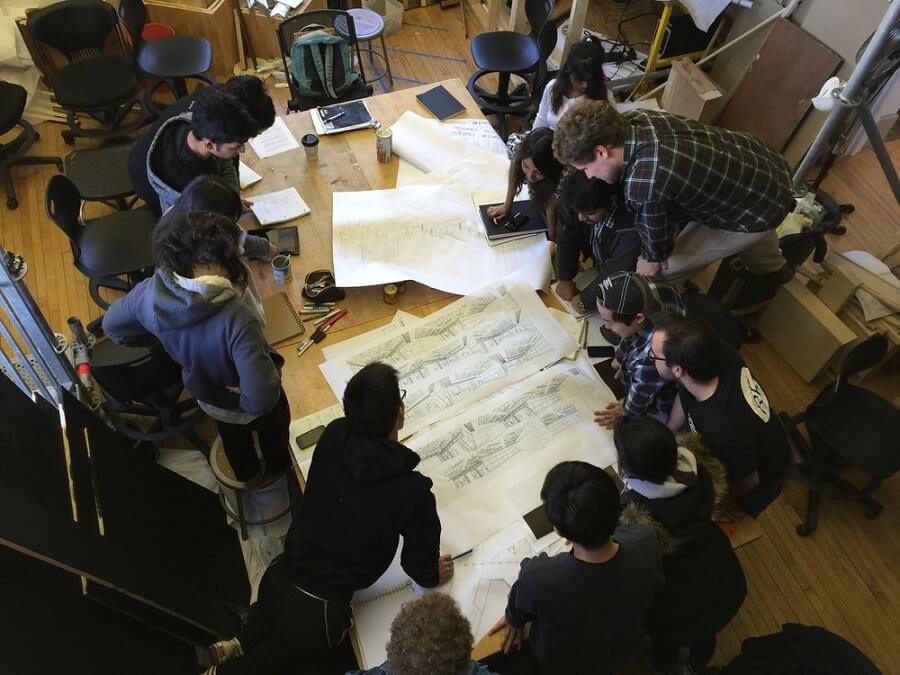

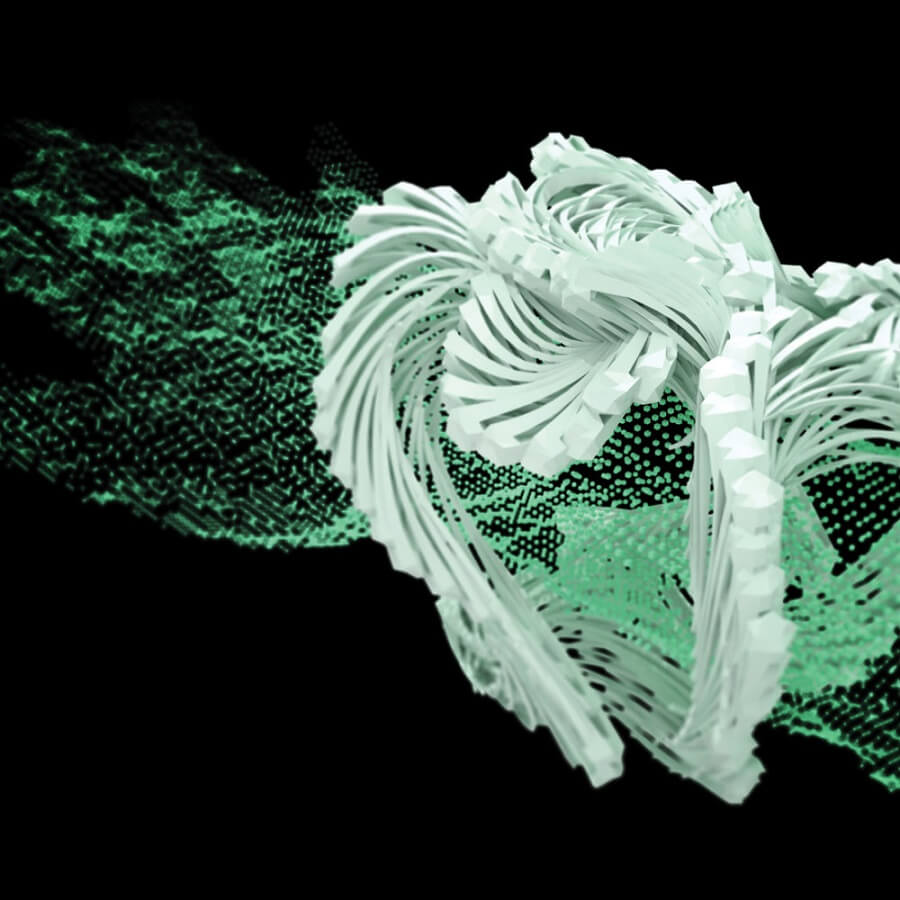








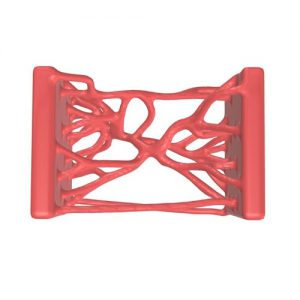
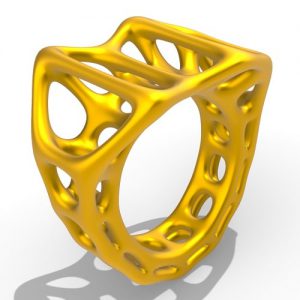

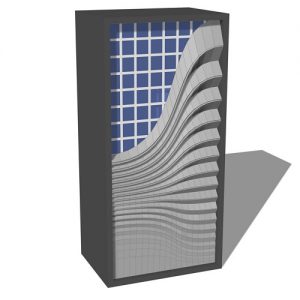
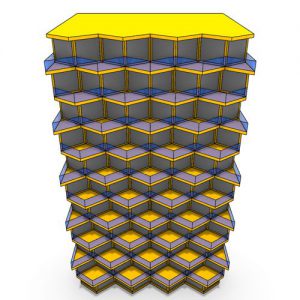
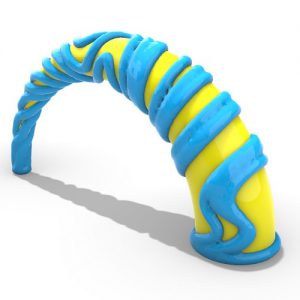
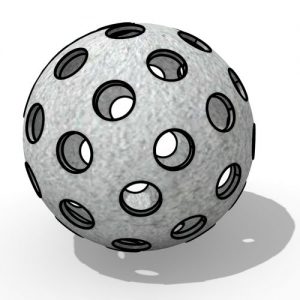
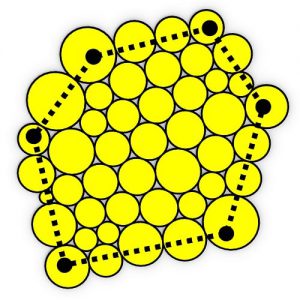
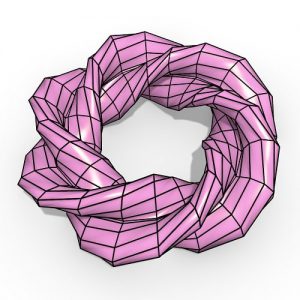
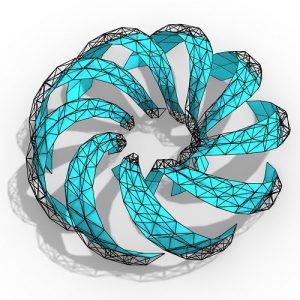
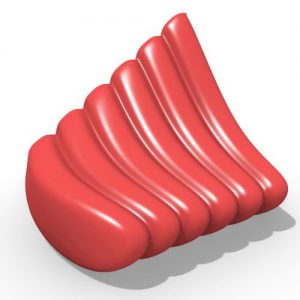
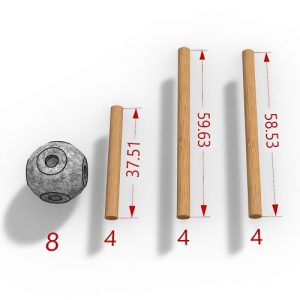

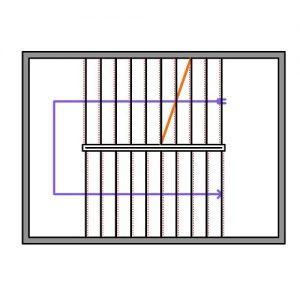
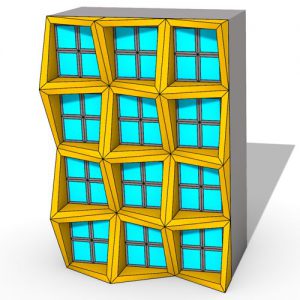
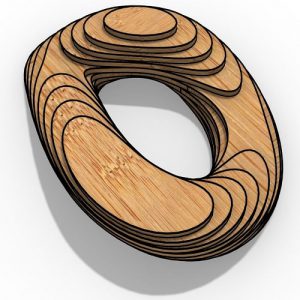
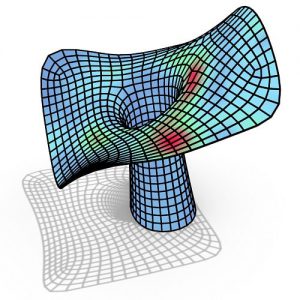
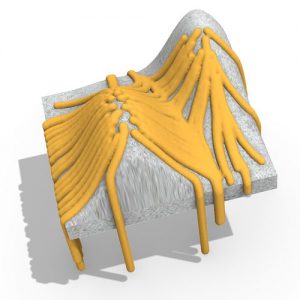
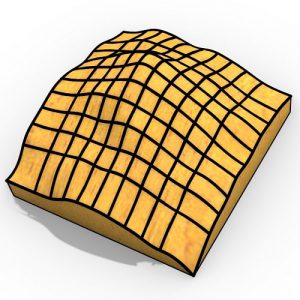
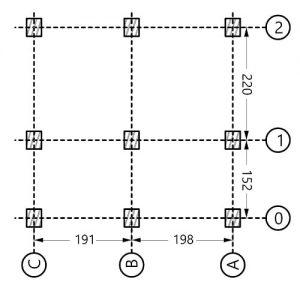

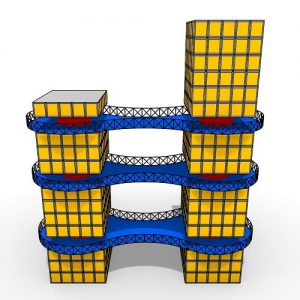


Comments